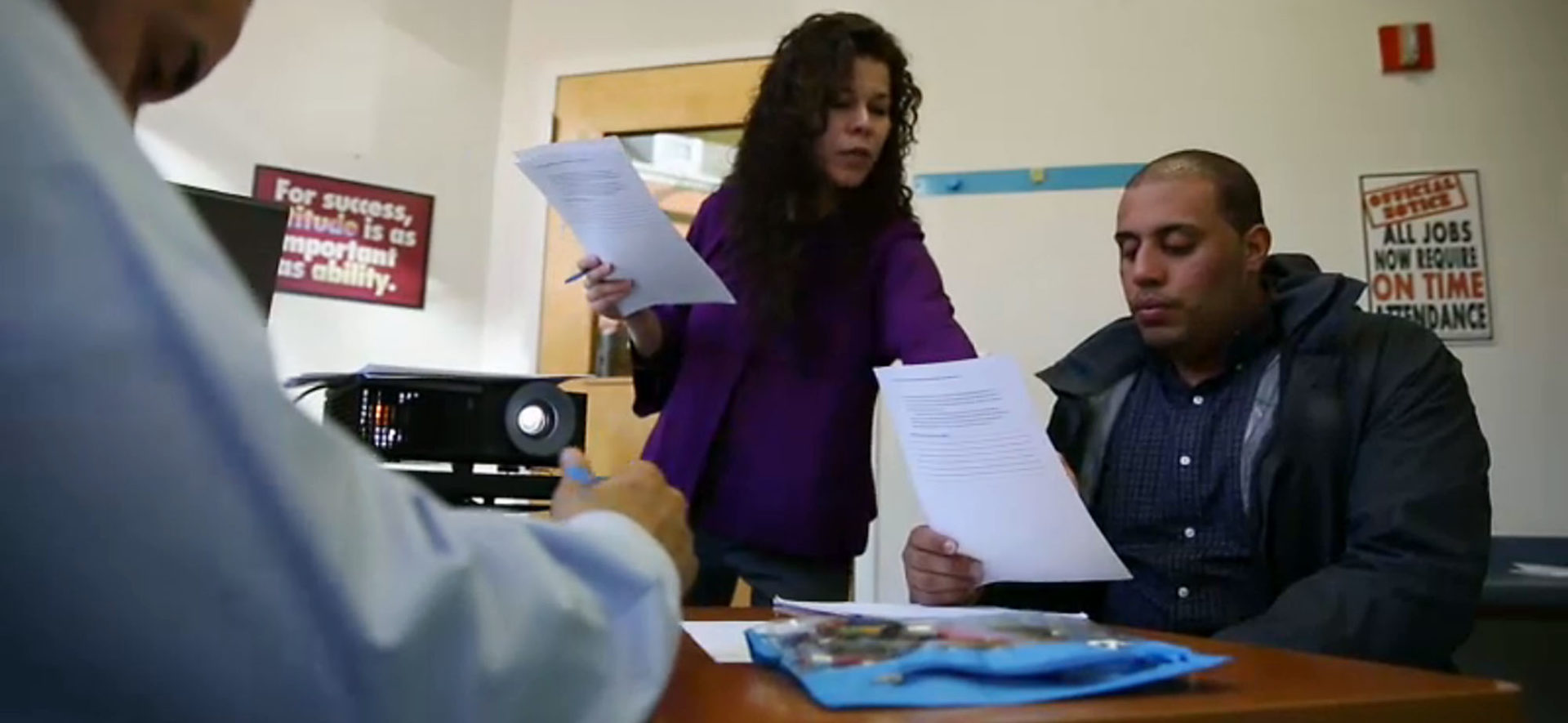As more cities embrace the civic innovation movement to tackle local problems, Philadelphia, Nashville and Louisville are harnessing new technology to reach out to residents in most need of help.
In collaboration with nonprofit Living Cities and the nonprofit arm of global bank Citi, the Citi Foundation, the three cities will form the first cohort under City Accelerator, a program with the goal of helping nine cities innovate solutions to tackle everyday challenges facing low-income residents.
Louisville, Nashville and Philadelphia have been selected to spend the next 18 months implementing tech-driven solutions with guidance from coaches and other municipal innovators to create solutions faster and promote more proactive governance. But unlike other philanthropic programs aimed at municipal innovation, there’s no monetary incentive.
Instead, each city receives $3 million worth of technical assistance and consulting to implement their respective innovative projects.
Louisville plans to use its established innovation toolkit as part of the pilot program, focusing on services for people suffering from mental illness and substance abuse while Nashville officials plan to collaborate with other city agencies and local nonprofits to combat homelessness through affordable housing and more economic opportunity, according to Governing.
“Both the public and private sectors in Nashville are filled with dedicated individuals who work hard every day to help more citizens share in our city’s economic success,” says Nashville Mayor Karl Dean. “Our Office of Innovation is working to bring all of those entities to the same table, because we know separate efforts can be much more impactful when our strategies are unified and everyone is willing to consider new approaches.”
Meanwhile, Philadelphia’s innovation team will partner with city departments to assist low-income residents in accessing benefits and tax relief.
As a cohort, all three cities will also rely on each other to share ideas and resources as they implement solutions to their local problems.
“Cities are getting better at making incremental improvements to the way they deliver services,” says Nigel Jacob, co-founder of the Mayor’s Office of New Urban Mechanics for the City of Boston, who is leading the first cohort. “This is important, but it is not enough to solve our greatest challenges. Cities need to be able to find breakthrough ways of solving problems on an ongoing basis.”
The goal is to get more urban communities on board with innovating faster, creating more universal solutions that can be consistently applied elsewhere. The three cities were selected from 35 other cities and six finalists, and two more City Accelerator cohorts are expected to launch in spring and fall of 2015, according to a press release. Living Cities also plans to regularly update an innovation guide.
“There’s a cacophony of activity around ‘cities need to be doing different things,’” says Ted Smith, chief of civic innovation in Louisville. “We’re now at a point where we’re trying to get some focus on the way that cities rationalize, organize and prioritize this kind of effort in a sustainable way.”
MORE: Can $45 Million Worth of Data and Technology Improve U.S. Cities?

